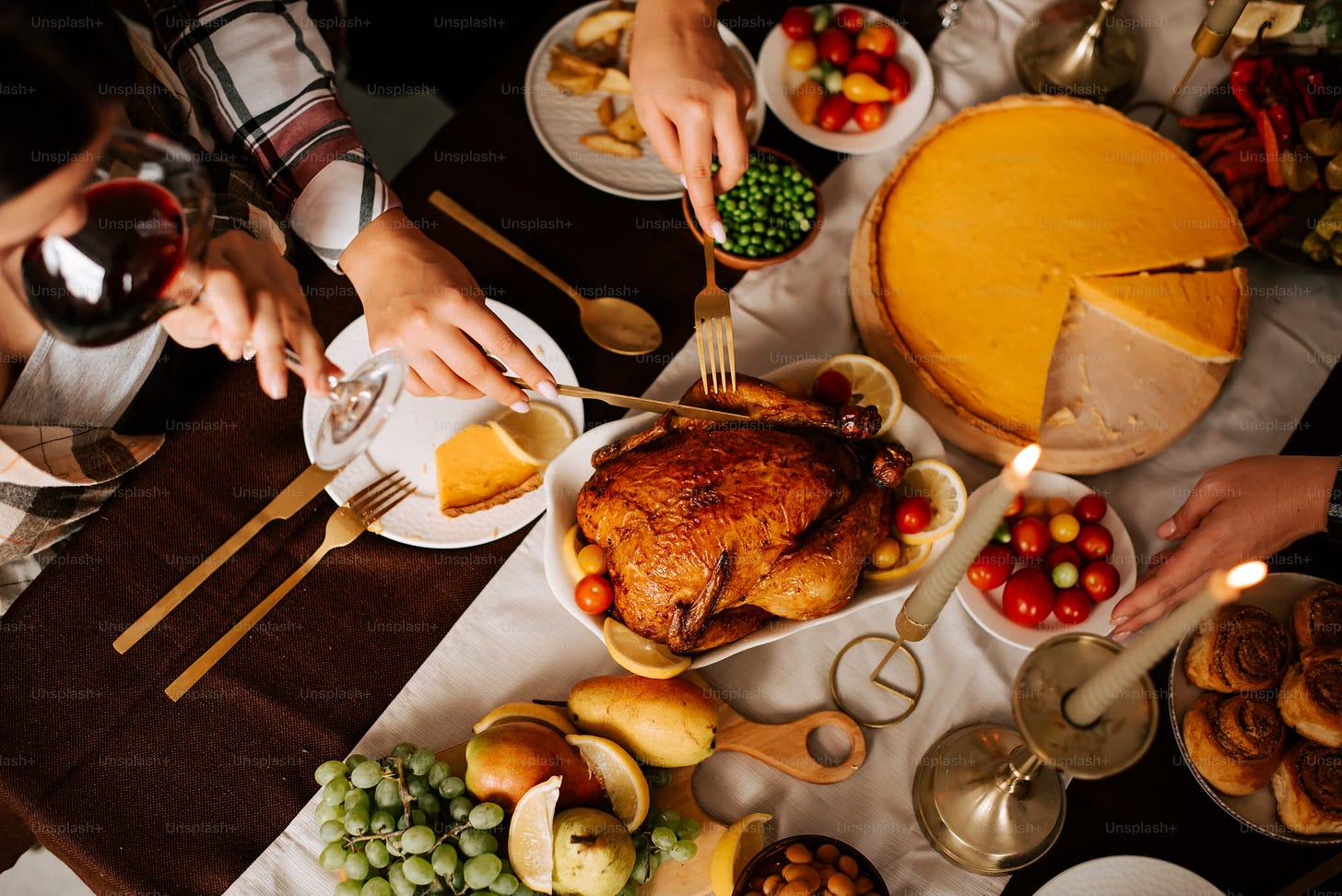Fever, heart, and atypical gratitude
Overlooked considerations during our Thanksgiving feast
Tomorrow is Thanksgiving here in the states. Millions of us are cooking already. I’m seeing 20 patients today, and so I am spared a good deal of the preparation, though I’ll be exhausted nonetheless. I have three ideas to explore briefly before I see my first patient:
Can Thanksgiving gluttony cause a fever?
Can it trigger a heart attack?
Is it OK to be…
Keep reading with a 7-day free trial
Subscribe to Examined to keep reading this post and get 7 days of free access to the full post archives.





